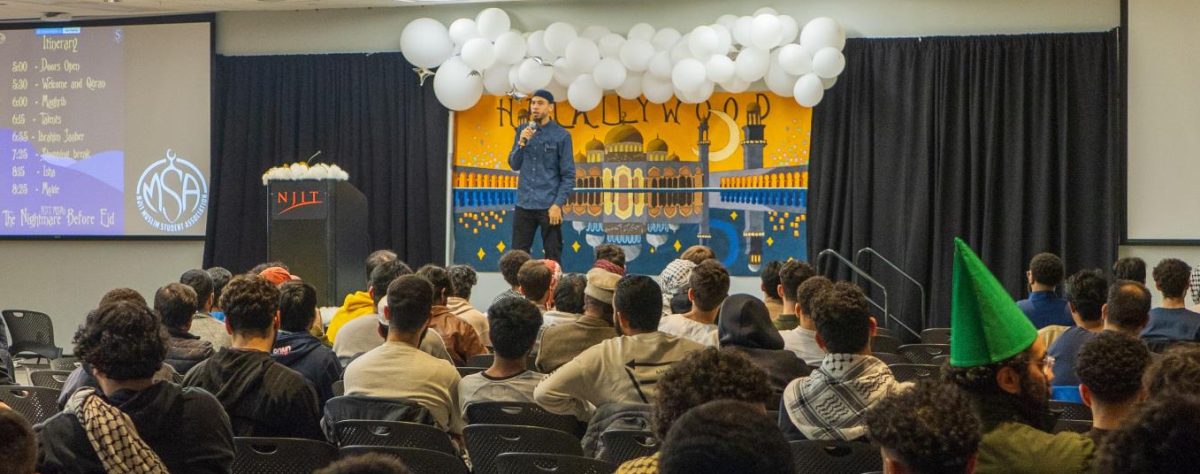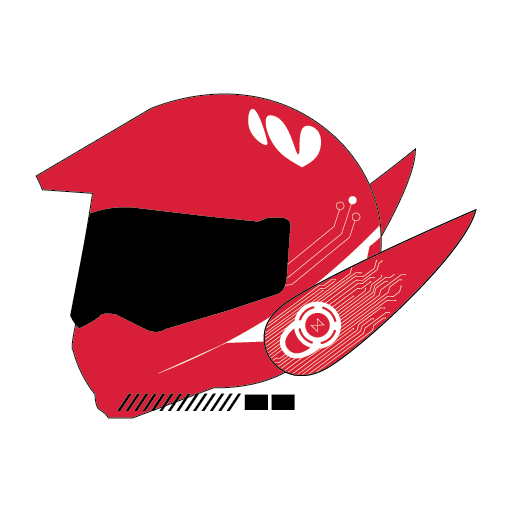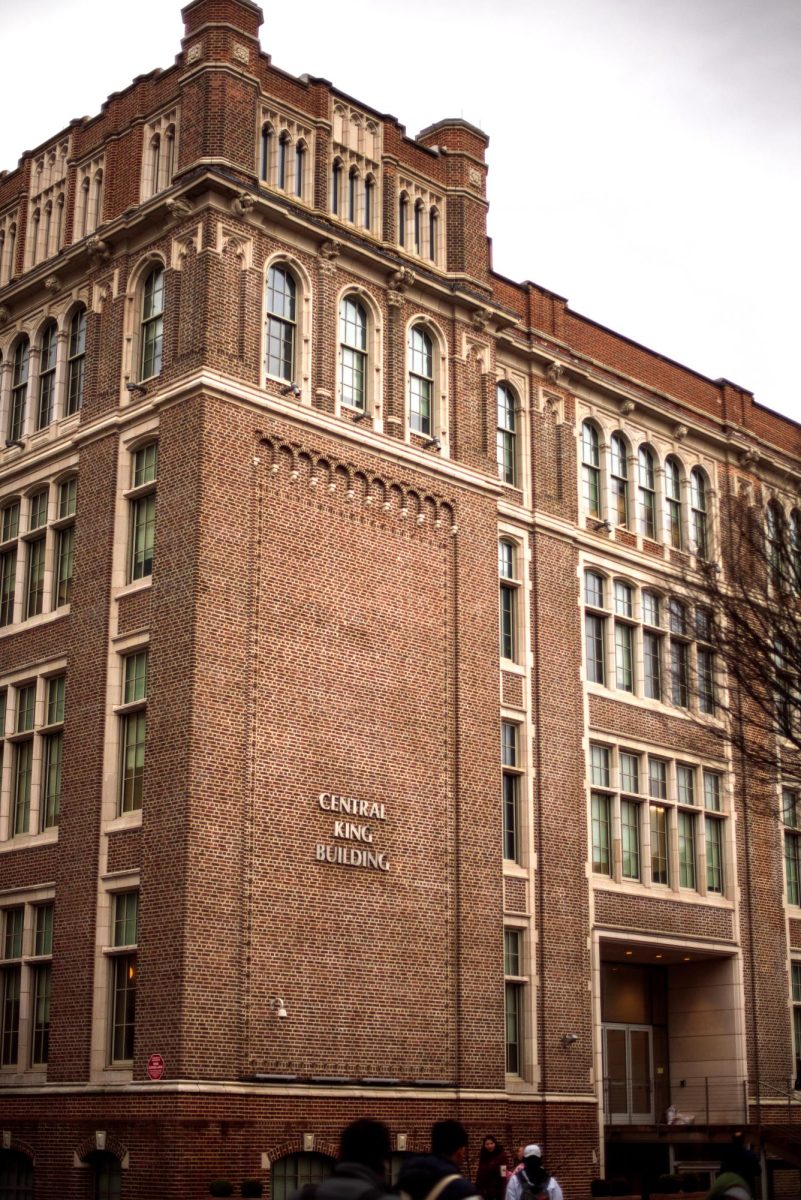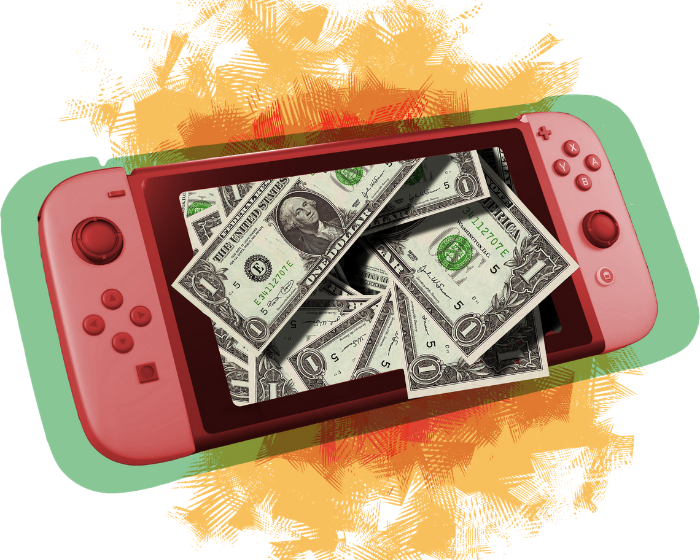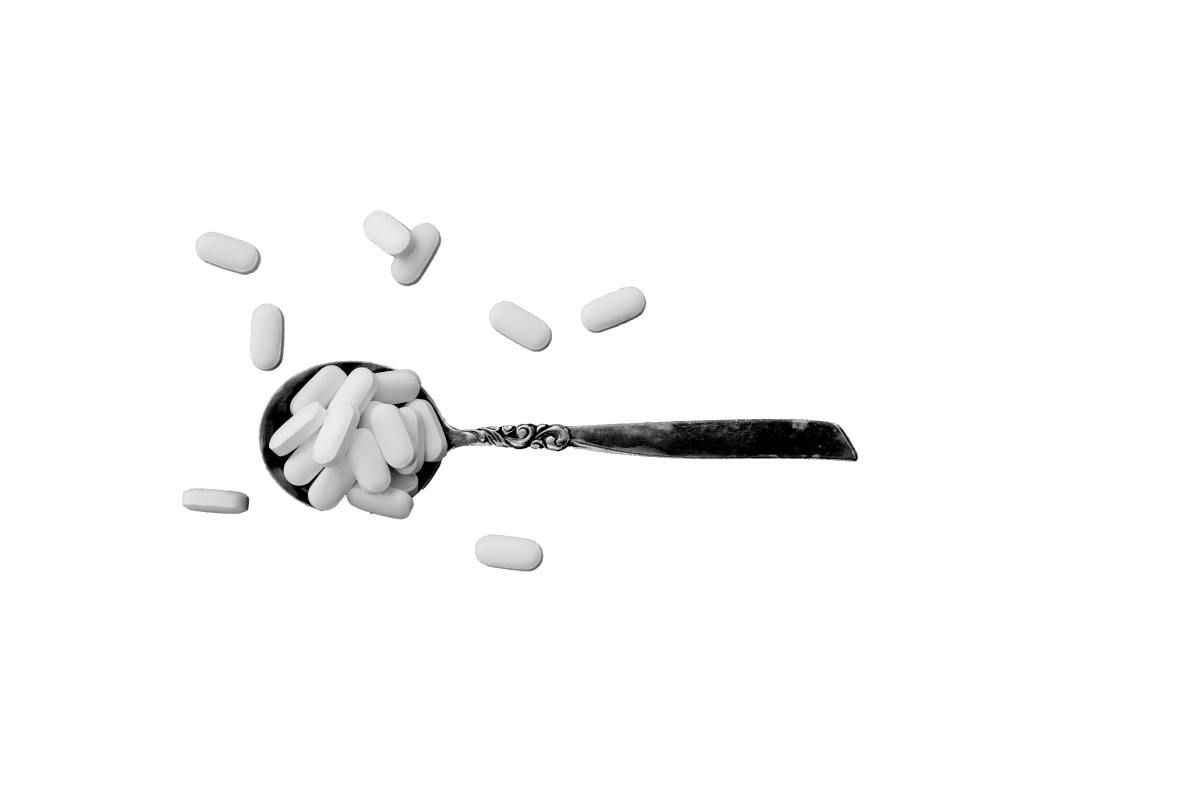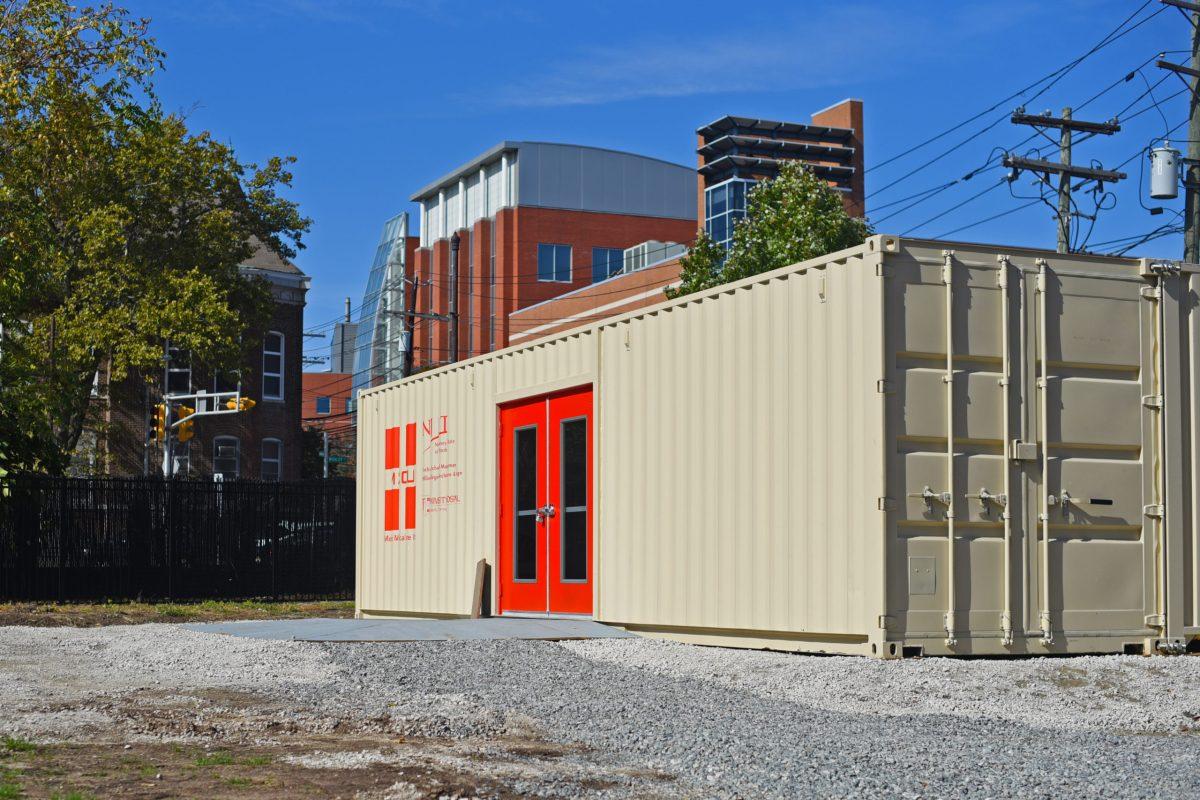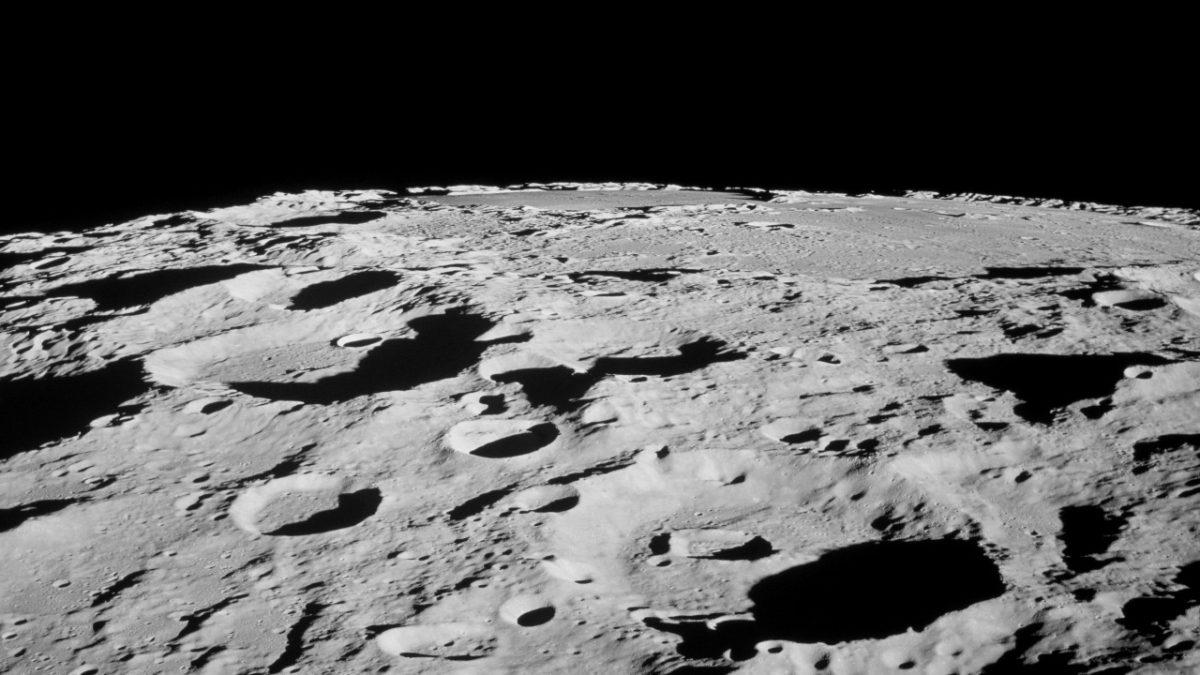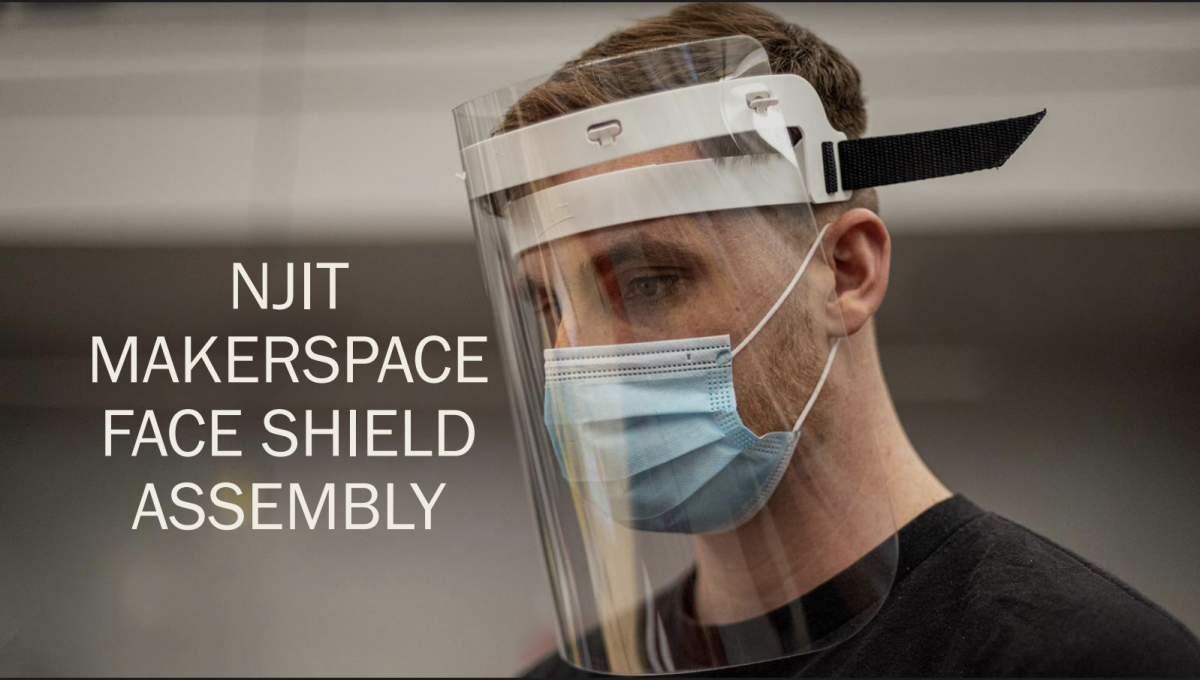A stroll through the aisles of produce in a supermarket in Southeast Asia quickly reveals the vast differences between the food profile of the region compared to the United States. The unfamiliar sights in a typical Southeast Asian supermarket include the polarizing durians, scaly dragon fruits, spiky rambutans, and now, perhaps most unusual, an absence of the nearly ubiquitous plastic wrap we have come to associate with groceries in the United States.
A handful of grocery store chains in Southeast Asia have switched from using plastic produce containers and wrappers to a more sustainable alternative: banana leaves. Most recently, the Lotte Mart of Ho Chi Minh City’s seventh district spearheaded the initiative as part of a larger plan to implement more sustainable practices. The supermarket chain believes that increasing the use of environmentally-friendly products can help instigate change in Vietnam, a country that holds the infamous distinction of ranking fourth globally in the amount of plastic waste dumped into the ocean, as reported by the United Nations Environment Programme (UNEP). In fact, estimates project that Vietnam disposes of nearly 2,500 tons of plastic waste per day.
Other grocery store chains in Vietnam have joined Lotte Mart, including Saigon Co.op supermarkets and Big C supermarkets, in the switch to using banana leaves for wrapping fruits and vegetables. Stores plan to experiment with the practice for one month, and then make assessments about the feasibility of long term implementation. In some stores, banana leaves are replacing biodegradable wraps as an even better alternative in regard to sustainability. Furthermore, the shift is not just isolated to Vietnam, as supermarket chains in other countries in the region, such as Thailand, have also adopted the use of banana leaves to replace plastic packaging.
Banana leaves make an ideal choice to replace plastic packaging because they are large, supple, waterproof, flexible, and visually attractive. Although plastic is still used in the printing of labels, banana leaf wraps are secured using pieces of bamboo in attempts to further minimize plastic use. Banana leaves are also relatively cheap in Southeast Asia and other tropical regions of the world because they are so readily available, and can even be acquired for free in certain localities. The use of banana leaves is not novel however, as historically different cultures around the world have used banana leaves in food preparation, food serving, and even religious rites. Known for their durability and ease of manipulation, banana leaves have even been used as writing surfaces and home-building materials in traditional societies.
Although switching from plastic wrapping to banana leaves may sound like a trivial switch, it is representative of a shift in attitudes regarding sustainable practices. The grocery stores shifting to using banana leaves are also implementing other sustainable practices, such as selling paper straws and food boxes made from sugarcane waste. Some chains, such as Big C, are turning to entirely biodegradable bags made from corn powder as substitutes for plastic grocery bags.
These changes come at a pivotal time as the amount of plastic waste being generated globally has continued to increase over the past 60 years. One of the major components of this waste is single-use plastic that is non-recyclable. The UNEP found only 9% of the 9 billion tons of plastic ever produced has been recycled. In 2015 alone, nearly 300 million tons of plastic waste was generated, a figure that is projected to rise with each subsequent year. At this rate, the UNEP estimates that by 2050, the planet will hold 12 billion tons of plastic waste, the majority of which will be concentrated in landfills and oceans. The biggest contributors to this waste are projected to be food wrappers, cigarette butts, plastic drinking bottles, and plastic grocery bags.
The use of banana leaves to replace plastic wrapping, among other sustainable strategies, in Southeast Asian supermarkets is a manifestation of mounting concerns regarding pollution and waste generation. While this specific strategy may not be a viable solution in countries in more temperate regions such as the United States, due to higher cost and lower ease of access, the idea of starting with simple changes to educate local populations can be replicated in locales across the globe.

























